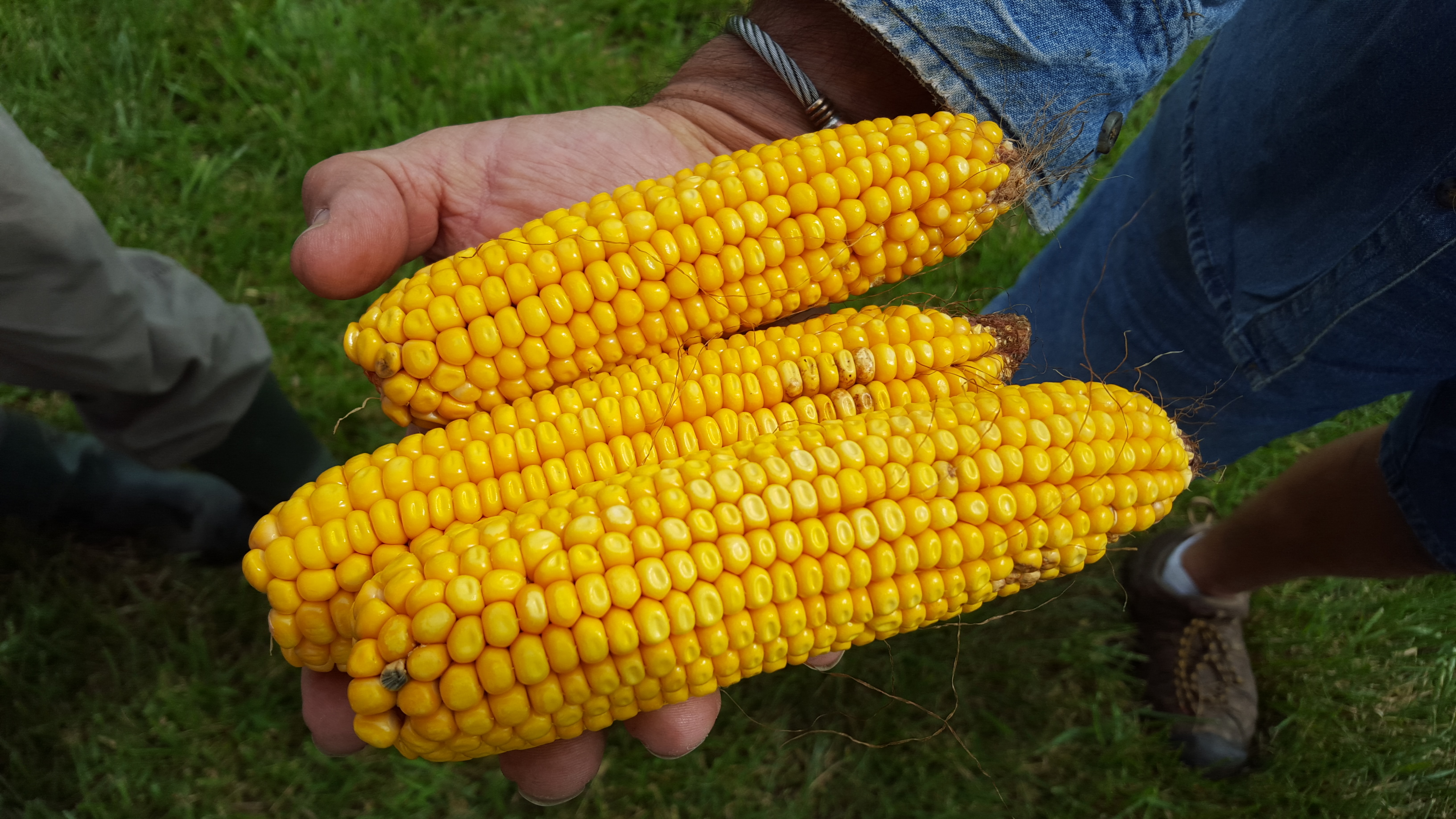
David and Goliath: Illinois Farmer Takes on the World’s Largest Agrochemical Company over GMO Corn
"Despite knowing the rest of the world was not as eager as the United States to adopt bioengineered food or feed, Syngenta began selling Viptera in the United States before other countries decided whether to approve it," the complaint states. Though some countries did approve Viptera for feed and food use, China has a "zero tolerance" policy when it comes to unapproved genetic traits, Dereadt says.
November 20, 2015 | Source: Alternet | by Lisa Klein
“Despite knowing the rest of the world was not as eager as the United States to adopt bioengineered food or feed, Syngenta began selling Viptera in the United States before other countries decided whether to approve it,” the complaint states. Though some countries did approve Viptera for feed and food use, China has a “zero tolerance” policy when it comes to unapproved genetic traits, Dereadt says.
When China discovered Viptera corn in a November 2013 shipment of “what was supposed to be non-Viptera corn from the United States,” the country rejected more than 665,000 metric tons of U.S. corn over the next two months. China banned all imports of U.S. corn the next year, but Syngenta “began marketing yet another genetically modified com seed known as Duracade,” the complaint states.
Dereadt says China, all 28 member states of the European Union and 13 other countries have refused to approve Duracade for human or animal consumption. Syngenta’s home country of Switzerland is among this group as well.
“Although Syngenta did eventually gain approvalfor the import of Viptera to China in December of 2014, this approval came far too late to prevent the loss of the Chinese market to U.S. corn,” the complaint states. “The loss of the Chinese market to U.S. com has caused diminished prices for com in the United States, and plaintiffs’ resulting damages.
Further, there is no end in sight to the loss of the Chinese market to U.S. com. As set forth above, Syngenta has now knowingly, intentionally, and recklessly commercialized its Duracade corn in the U.S., despite the fact that this com remains unapproved in China. Because of China’s rejection of Syngenta’s Viptera and Duracade corn, exports of U.S. corn continue to be down some 85% since 2013.”
Dereadt says the U.S. is “the world’s largest producer and exporter of corn,” exporting 20 percent of the crown grown here each year. Illinois grows 17 percent of the country’s crop, according to the complaint. The U.S Department of Agriculture reported that the price per bushel of corn was $6.89 in 2012 and dropped to $4.46 in 2013 and $3.70 in 2014.
